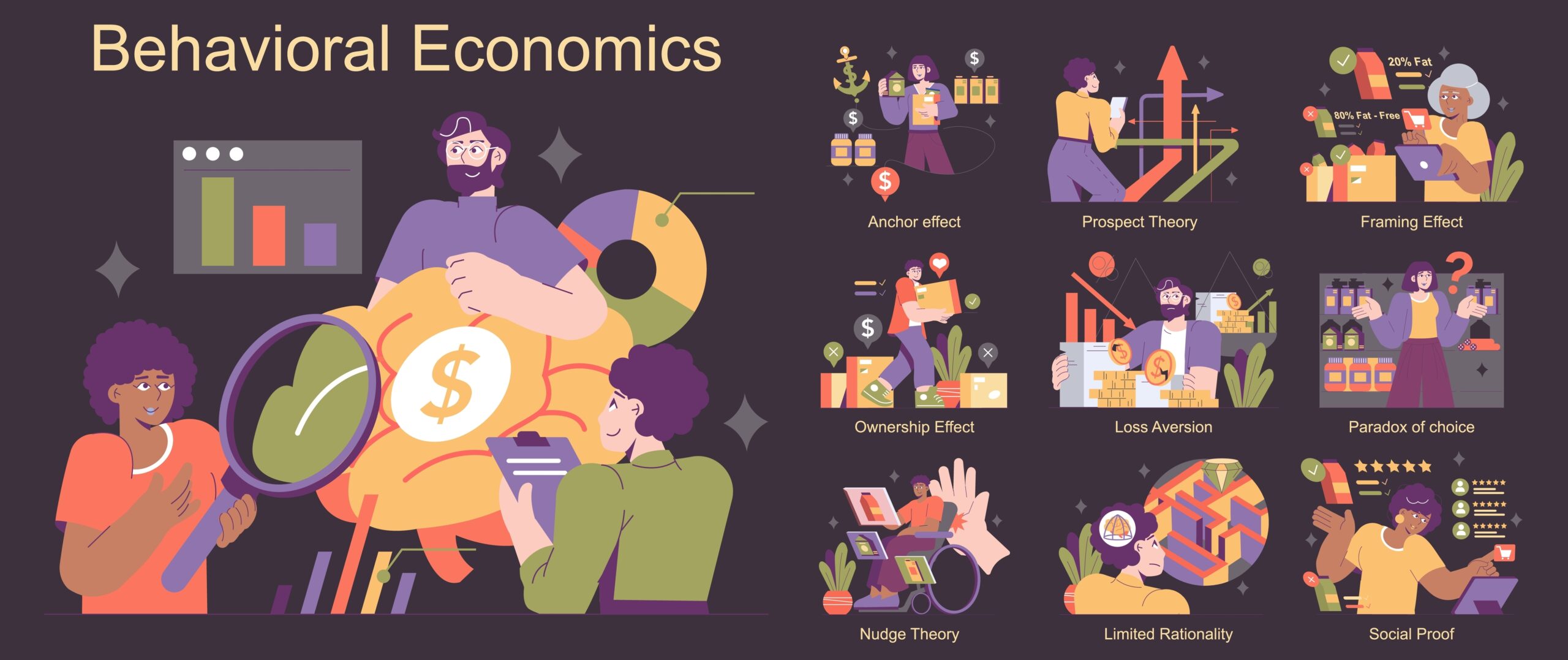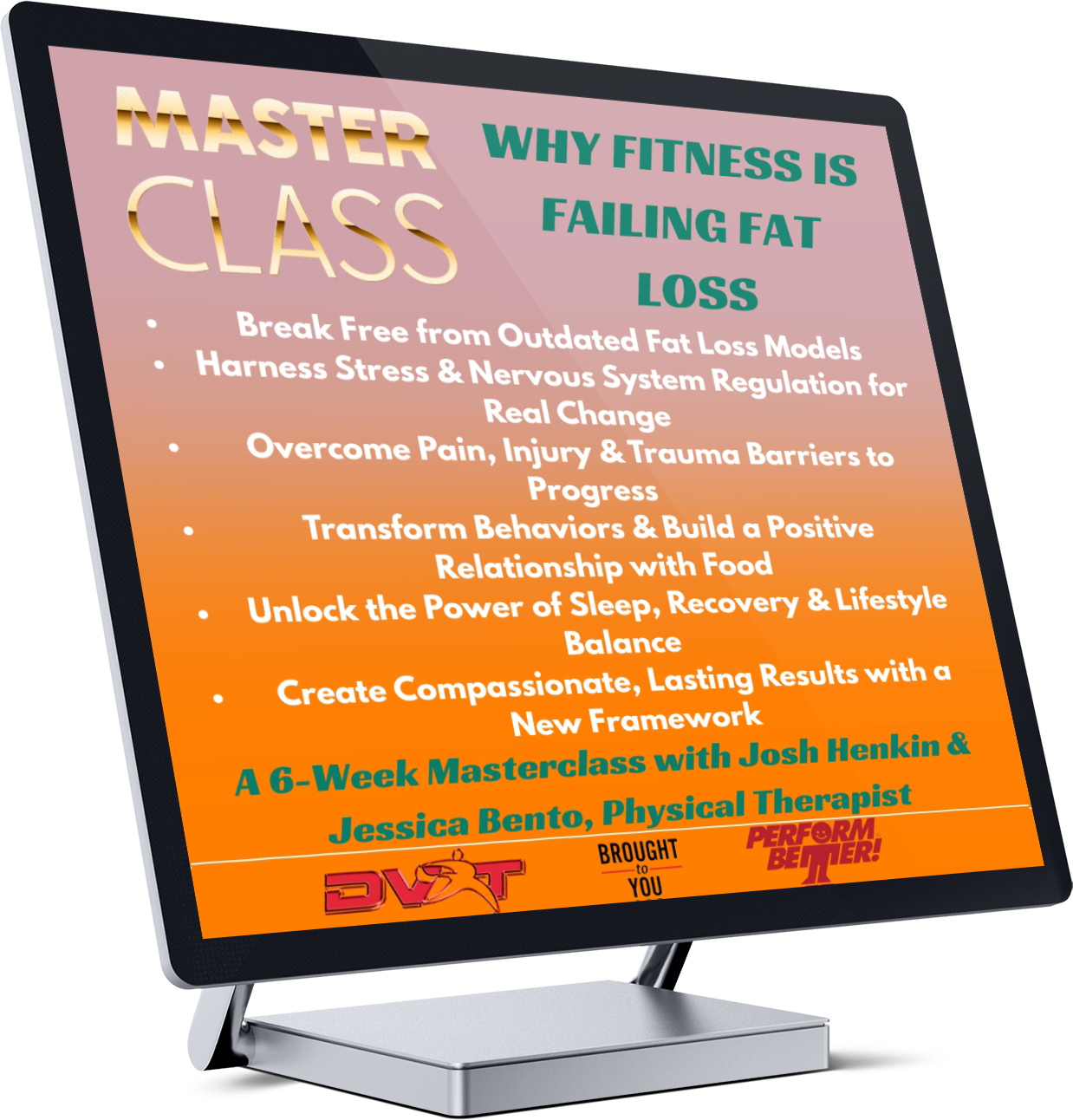Why We Get Willpower SOOOO Wrong!
2025-09-21
I’ve been in that position a million times. A new client would walk in and I had my plan ready to unleash on them. Most of my clients had some goal of weight loss. Even if they had terrible back pain, or they wanted to get better at their favorite sport, weight loss was ALWAYS part of the equation.
My favorite was an 80 year old woman who came to me and I thought we were going to address her strength, balance, or any form of health potential issues. Her goal? She shook her arms and said, “can we get rid of this?” I’m not saying when we are older we can’t want to still look our best, but it was her NUMBER ONE goal to address the little bit (she was pretty thin) of skin that would shake as she would move her arms.
Like so many fitness pros, I thought I knew the recipe for fat loss. We gotta get you to eat less, exercise more, and be consistent. Okay, that is the simplified version, but generally what most fitness programs boil down to right?

The recipe is rather proven to be accurate in studies on weight loss, so I was always so confused when people struggled SO much just to do those “simple” things. When people weren’t consistent with their nutrition and exercise, I simply wrote it up as not wanting it enough, not trying hard enough, and just not demonstrating what so many of us fitness pros pride ourselves on, which is WILLPOWER!
Is there any quality championed in fitness like willpower? The ability to resist short-term temptations for long-term benefits is the general idea around willpower, but it actually carries more weight to it. We make A LOT of judgements around people who either exhibit what we think is great willpower and those that fail to do so. The people that show great willpower we think of as “strong”, “determined”, and generally we think higher of them. Conversely, those that show less willpower we think of as “lazy”, “unfocused”, and in more negative terms.

I hate to admit that for many years I was no different. However, later in my career I started to question my own understanding of why my clients, even myself, would do certain things or not do these things. That led me to delving into behavioral science to get much better answers that would change how I thought about what we offer our clients, especially around weight loss programs.
There is so much to share, I can’t do it in one blog post, but I thought discussing what we get wrong about improving concepts like willpower would help! So, let’s do it!
Mistake: Willpower is an innate trait.
Reality: When we look upon those that we believe demonstrate such great willpower we make A LOT of assumptions about how they are able to do so. One is that people are just born with the skills to have more willpower. This is somewhat comes from a famous study from the late 1960’s where kids were given a marshmallow (sometimes other treats were used) and they were told they could eat the marshmallow right away, OR if they waited 15 minutes they would get TWO marshmallows they could eat.

What was so interesting about this study is they not only tested to see which kids delayed gratification and which ones ate the marshmallows right away, but they would follow them 10-20 years later. What they found was that the kids that waited the 15 minutes to eat the marshmallow they demonstrated better academic achievement, better stress management, and be less prone to issues like substance abuse.
That means we are born to have willpower or not right? If we are unfortunate enough to NOT be born with this great skill we are going to have a much more difficult time right?
It is easy to see how people would come to that conclusion, but more updated forms of the study actually demonstrated some VERY different ideas. What more current studies that tested the same idea of delayed gratification found was that factors such socioeconomics, environment, even intelligence actually play roles.
For kids from less stable backgrounds, it can be rational not to wait because future rewards aren’t guaranteed. This means they may have to be taught that resources aren’t as scarce as they may believe.
The ability to wait wasn’t just innate willpower, but also shaped by trust, environment stability, and learned strategies. The marshmallow test in more modern terms is more about context, strategy, and environment than a pure measure of lifelong self-control. One of the VERY important ideas is that willpower is something we can learn, isn’t limited, and the way we approach learning strategies is SO important.
I was about to end this post with this tease as I will follow up with MANY practical ways of using the science of willpower and behavioral change in future posts. However, I thought it would be wise to at least give you one idea that you can use immediately.
That concept is that of nudging. What is a nudge?

Nudging is about influencing people’s decisions by shaping the context in which choices are made without restricting their freedom of choice or significantly changing incentives.
The concept was popularized by Richard Thaler and Cass Sunstein in their 2008 book Nudge. It’s rooted in behavioral economics and psychology, especially the understanding that humans don’t always make rational decisions instead, we rely on shortcuts, biases, and default habits.
Here are ways that we make the ideas around nudging practical for our goals of exercise and better nutrition…
Reducing Friction for Good Choices
-Making the gym bag visible by the door or packing it the night before makes it easier to follow through.
-Prepping healthy snacks at eye level in the fridge nudges you to grab them over less healthy options.
Using Defaults
-Signing up for a fitness class at the same time every week creates a “default” habit you don’t have to think about. (We will discuss this more in the future and when this doesn’t work too!)
-Meal subscription services that automatically deliver balanced meals remove the need to choose between healthy and less healthy options.
Leveraging Social Proof
-Joining a fitness challenge or group where you see others being active nudges you to stay consistent.
-Sharing progress with friends can create positive accountability.
Framing & Reminders
-A smartwatch reminder to stand or walk nudges more movement throughout the day.
-Reframing workouts as “energy boosters” instead of “calorie burners” can make them more appealing.
Commitment Devices
-Pre-paying for a class or program nudges attendance because you don’t want to waste money.
-Scheduling workouts with a trainer or friend adds a layer of social commitment.
Stay tuned for more science and practical ways to help make the behavioral changes that make a real impact in the quality of our lives!
You can learn MUCH more at our upcoming FREE Fat Loss Webinar HERE or join our “Why Fitness Is Failing Fat Loss” 6-week CEU online Masterclass HERE for 25% off for a VERY limited time!

© 2026 Ultimate Sandbag Training. Site by Jennifer Web Design.






